KRIS KRISTOFFERSON: born June 22, 1936
A good friend of mine has returned to central Ohio during the summer break from his university teaching job in London. As we were catching up over lunch, he mentioned that I had come up during a lecture about Shakespearean acting. In the lecture, he and another professor were talking about how critical it is for actors to have multiple passions – not just a passion just acting. They were asserting the idea that multiple influences and passions would access different parts of their brains and their emotional landscapes, and these experiences would become like arrows in a quiver, and allow the actors to access more emotions and experiences while on stage. My friend used me as an example of someone with multiple passions. As we shared lunch, he re-told the story, and described me with the most humbling and flattering examples: scholar, cartoonist, father, singer. He said, “They’re impressed with you in London.” But as flattered as I was, I felt like the examples – while technically true – were misleading. I’m a singer who doesn’t practice very often and gigs less than once a year. I’m a cartoonist who hasn’t drawn or published in years. I’m a scholar inasmuch as it feeds projects like this or my job or my own curiosity, but I certainly haven’t published much or produced anything of import in a long time. In reality, I have the potential to have a quiver filled with arrows, but I’ve failed to fill it over the years. In reality, I am an average husband, an average father, and a hard working-but-underappreciated employee. And that’s about it. Because as many talents as I may have, when it comes time to access and embrace them, I rarely do. I regularly have people ask me, “Have you drawn anything lately?” or “How’s the music stuff going?” and when I admit that little is happening, they give a slight nod of understanding and their faces twist into a position that says “that’s a shame”. And it is a shame. Not because it’s wasted talent; nothing in this world is more common than wasted talent. It’s a shame because people who regularly fill their quiver with the arrows of passion can often create works of staggering originality. One of the easiest examples is Kris Kristofferson, who went from janitor to country superstar at age 34. He was an overnight sensation. One that could not have occurred without a quiver filled with arrows, a Rhodes scholarship, a rugby career, a heavy willingness to slog through his own shame and addiction, and a rented helicopter landed in Johnny Cash’s back yard. As grateful as I was for my friend using me as an example, he should have used Kristofferson. Because unsurprisingly, Kristofferson eventually expanded his quiver to include acting – another passion in which he excelled.

Kris Kristofferson was an unlikely country superstar. Mostly because his albums didn’t fit with the country music of the day. Sure, the songs were structured like country songs and they followed the basic country chord structures. But at a time when country singers had a polished, “countrypolitan” sound with large arrangements and smooth vocals, Kristofferson’s arrangements were stripped down. And his voice was less “polish” and more “frog croak”. (At the time, The Village Voice music critic Robert Christgau gave the album a “Disappointing” rating due to “such a lack of raw charisma”.) More concerning for country audiences in 1970 was the sexuality of the album. Country had spent the late 1960s in reactionary mode: fighting against the rising tides of rebellion and sexual freedom and non-conformity. The sweeping changes in America had all but avoided the country music scene, which was firmly entrenched in “The Fighting Side of Me” and “Okie From Muskogee” and the pro-Vietnam veteran songs of Dave Dudley. Kristofferson’s debut album was an affront to that stolid world. He sang of sang up hitchhiking hippies (“Me and Bobby McGee”). He sang of alcoholism and hangovers (“Sunday Morning Coming Down”). Worse than that, he sang about sex. The word “body” appears over and over on that debut album, and the world of country music clutched its collective pearls at the regular proclamation that sex might fuel connection or provide redemption. Country music had sung of bad marriages and cheating hearts for decades, but the celebration of “body” was unheard of. Country music fans and the country music establishment couldn’t understand where this album was coming from. Nashville was littered with young conservative guitar-pickers who’d left home after high school and moved to Music City to make it as a singer/songwriter. It was almost impossible to find a liberal song in Nashville. So where was this coming from?
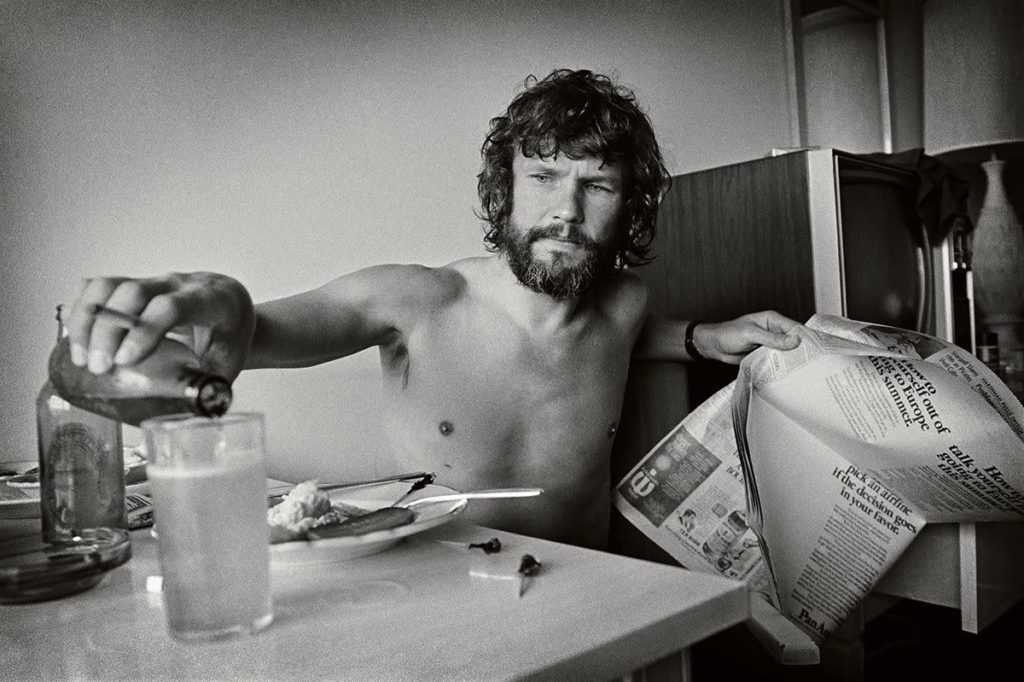
Kristofferson was a military brat, moving from base to base throughout his childhood. But early years in Texas cemented a love of country music, and Kris dragged his ever-growing collection of Hank Williams 78s with him on each move. Chris enrolled at Pomona College after graduating from a high school in the suburbs of San Francisco. In college, Kris proved he was an excellent student and athlete. He was featured in Sports Illustrated for his skills as a rugby and track star. But he had chosen Pomona College to be closer to the L.A. music scene. He worked to get noticed as a songwriter, and was given a contract when he won a prestigious Rhodes scholarship to study at Oxford. He moved to England to study literature. While there, he discovered the writings of William Blake, which would have a profound influence on his creativity, his writing style, and his personal philosophies. Blake believed that passion and talent were God-given and that denying those talents were an affront to God – that ignoring our passions and our talents would only lead to sadness and despair. Kristofferson took this message to heart. Kristofferson re-ignited his quest to be a songwriter and signed a contract with England’s Top Rank Records. He took up boxing and by the time he graduated, he had earned his “Blue” – the British equivalent of a varsity letter, given to the best athletes in a sport. He married his longtime girlfriend and returned to America to try to make it as a songwriter in Nashville. But being a Rhodes Scholar with a Ph.D. in literature did not guarantee songwriting success. Perpetually broke and with a child on the way, Kris followed his father’s advice and enrolled in the Army, where he completed Ranger school and became a helicopter pilot for the 8th Infantry. He was stationed in Germany, where he played country music on the base. When his tour of duty ended, he was offered a fantastic opportunity to teach English at West Point. It was the kind of opportunity a normal soldier would dream of, but the warning from Blake rang in his head. He was not being asked to write; he was being asked to teach about the writings of others. Kristofferson knew there was value in that, but God had given him a passion and the talent to communicate his thoughts and experiences, not merely interpret the works of others. And so Kristofferson rejected the offer, a decision that would upset his parents so badly they would never reconcile with him. Kristofferson, his wife and their children packed up and moved to Nashville. Where he would make his living… as a janitor.
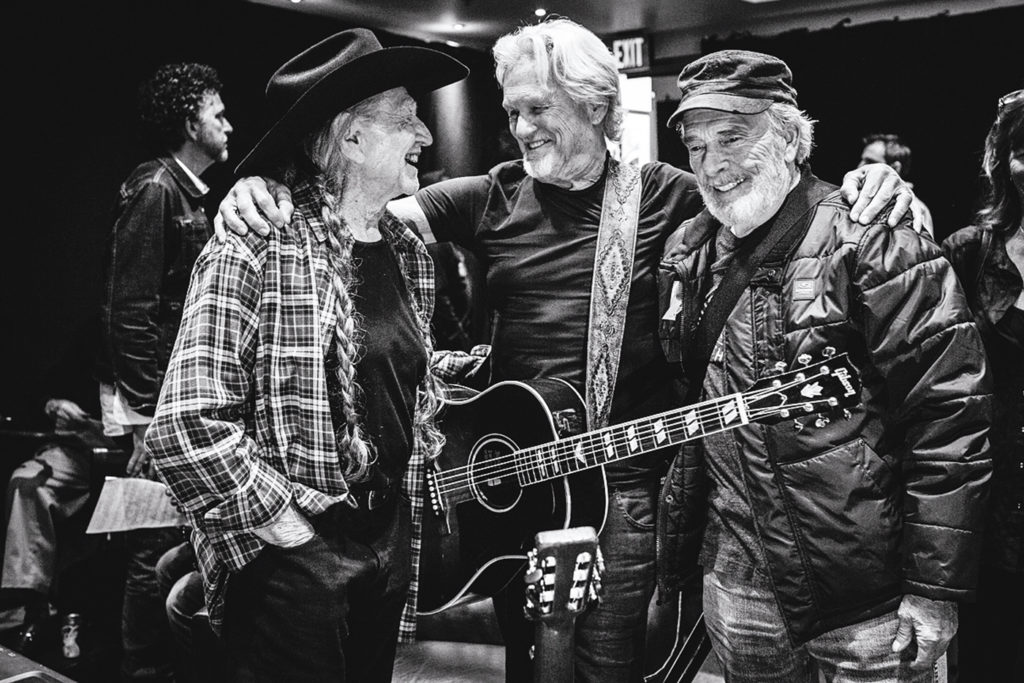
Being a 30-year old (married, father) songwriter in Nashville in the mid-‘60s was awkward enough. Being a 30-year old janitor with two previous recording contracts, an officer’s commission, a pilot’s license, and a Ph.D. was unheard of. Kristofferson took to drinking heavily to cope with the inner turmoil he was experiencing, which eventually led to the dissolution of his marriage. He felt like a failure on every front. His writing wasn’t catching on. He was no longer a scholar. He was no longer a military man. He was no longer a pilot. He was no longer an athlete. He was no longer a husband, and not much of a father. He knew he had talent as a writer and songwriter, but the constant lack of an audience for his writing made him wonder if that would dry up, as well. After all, his life appeared to be a long series of temporary, individual successes that eventually withered on the vine. And so one day, after years of sweeping floors in the studios on Music Row and watching careers take off as he emptied ashtrays and Windexed the glass of the soundproofing booths, Kristofferson decided to reach into the quiver that held all of his passions – not just songwriting – and bring more of himself into the experience. He recorded a tape of his songs. He wrote liner notes for it that referenced Blake and showcased his considerable education and insight. Then he rented a helicopter, cracked open a beer, and flew it directly to Johnny Cash’s house. As the story goes, Kristofferson landed the helicopter in Cash’s backyard, then climbed out with a beer in one hand and the demo tape in the other. He gave the tape to Cash, who was so impressed by the overture that he gave the tape a listen and was blown away by what he heard. Because the songs of Kris Kristofferson were unique enough to be off-putting in most circumstances. Listening to his songs mixed in with hundreds of cookie-cutter country songs, Kristofferson’s music could come off as amateurish or untrained – “this isn’t a country song!”. But to meet the man as Cash did was eye-opening. Kris was at once a regular guy (drinking a beer and doing something silly), a man’s man (the athlete’s figure and the piloting of such a unique piece of equipment), and a genius. And he was friendly. And handsome. And respectful. Kristofferson had pulled multiple arrows from his quiver and had struck Johnny Cash with all of them. Cash immediately became Kris’s biggest champion, convincing most of country music’s biggest stars to record his songs. Cash eventually helped Kris land a recording contract with Monument Records, and in 1970, Kris Kristofferson’s music career exploded onto the scene. His style was so unique and so groundbreaking, he was aligned with the “outlaw country” music, despite his songs being anything but outlaw-themed.
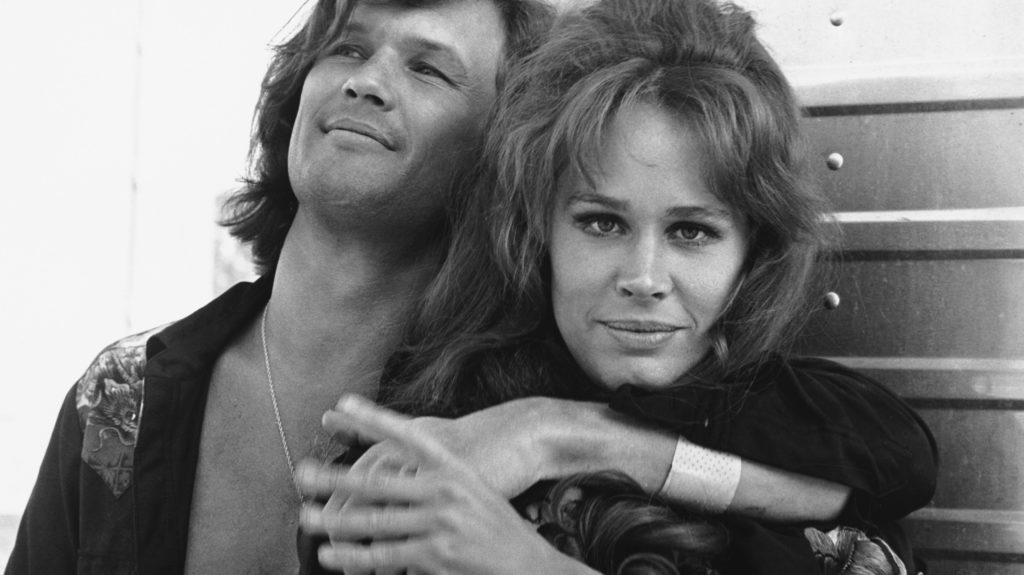
As someone who considers himself “an average husband, an average father, and a hard working-but-underappreciated employee”, I find the alchemy behind Kristofferson’s career to be both frightening and inspiring. Because while he struggled, thousands of people found success of songwriters. Tens of thousands found success in the military, or as teachers. Millions held successful marriages together. Most were solid, yet unremarkable. Some were unique enough to set themselves apart from the crowd. But Kristofferson couldn’t make any of these efforts last on their own. A singular focus on any passion left him wanting for more in a way he couldn’t identify until he was in his thirties. Which is not to dismiss those with a singular focus, or to elevate Kris Kristofferson. But I have to wonder: if, as Blake believed, forsaking your talents and passions brings about sadness and despair, what does that mean for a person with multiple talents and passions? When I reflect on Kristofferson, it wasn’t until Kristofferson stopped choosing individual passions (or a couple of passions at a time) and began embracing all of himself that things began to show lasting results. Even better, the lasting results began to create opportunities which uncovered more talents and passions. Kristofferson became a talented actor. He became an important political activist. He became a well-known photographer. He even re-married in 1983 and has had a successful 30+ year marriage and has developed strong relationships with all eight of his children. By all accounts, the more embraced all of his talents and passions, the more they integrated into other areas – just as my friend and his peer had advised their acting students.
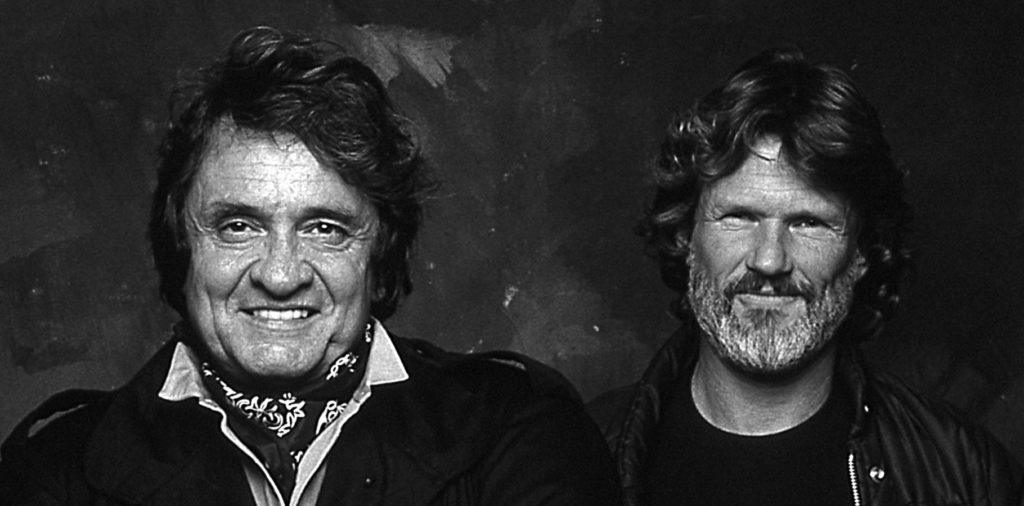
But it’s difficult to throw ourselves at our passions and our talents. At least at all of them. We can focus on one or two, and we can try to do our best, but something never feels quite “right”. I’ve experienced periods of my life where focus on one passion – to the exclusion of others – has dead-ended in my own misery and the misery of everyone around me. But there are only so many hours in the day, and only so many commitments to keep, and in this society we’re conditioned to think of ourselves in a limited number of roles. Kristofferson has more “slashes” in his description than we’re used to in society: singer/songwriter/scholar/author/athlete/actor/activist/photographer/husband/father. But it wasn’t until he truly accepted all of those roles that Kristofferson was able to achieve the dreams he had for these talents, and finally found peace within himself. And maybe that’s where peace lies, in an integration of all of the things we believe to be important… in an integration of all of the things we’re passionate about. The things that feel frivolous or to time-consuming or somehow distracting from the passions and talents that matter the more. But in the end, maybe these are the final pieces of the puzzle that need to be added to create a complete portrait of ourselves. And – like a complex jigsaw puzzle with a handful a pieces missing – that incomplete portrait leads to the sadness and despair Blake alluded to. Maybe it’s a state we can all achieve, not by focusing on less, but by focusing on more.

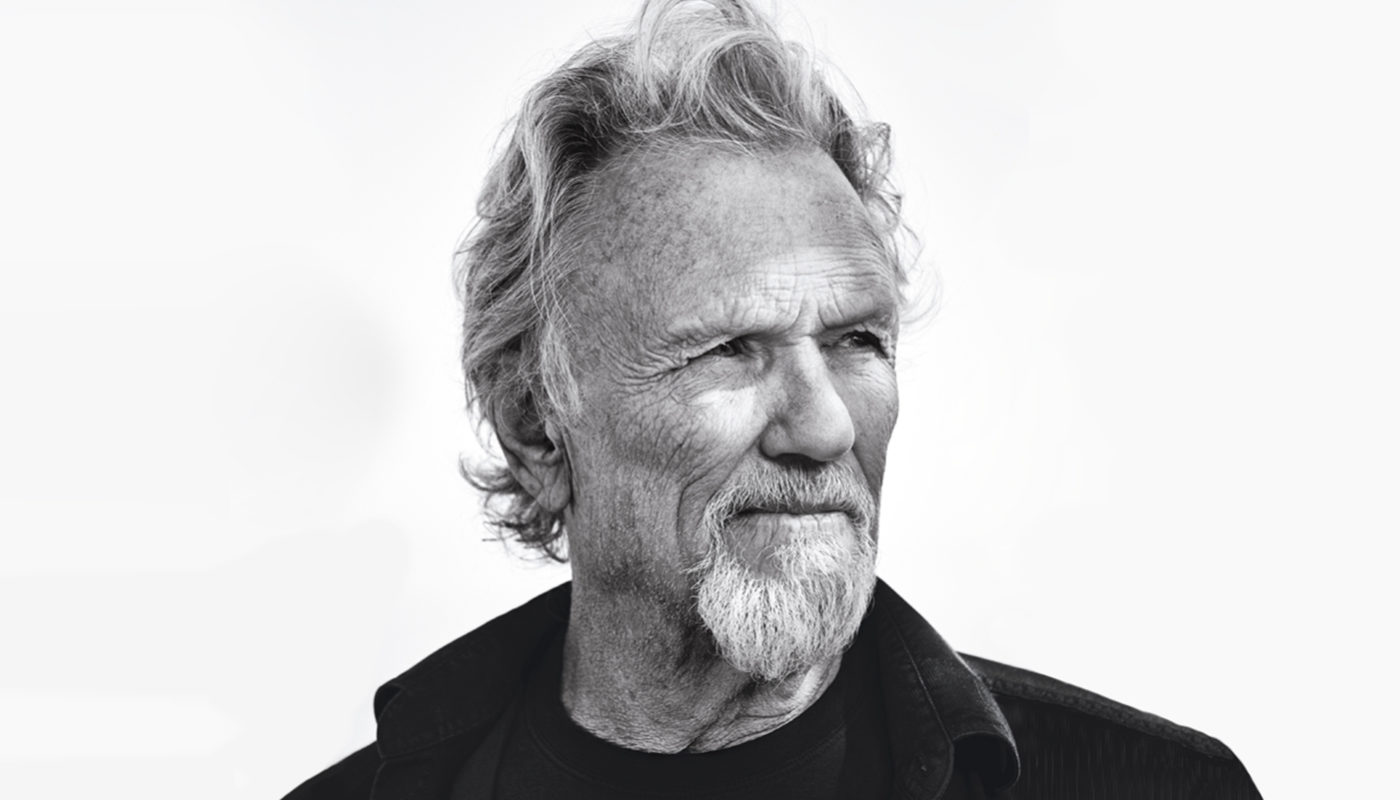

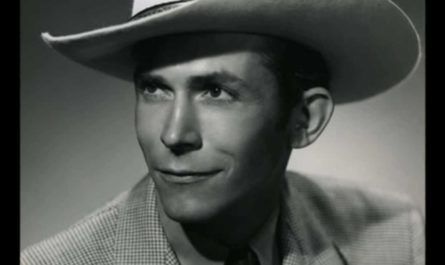
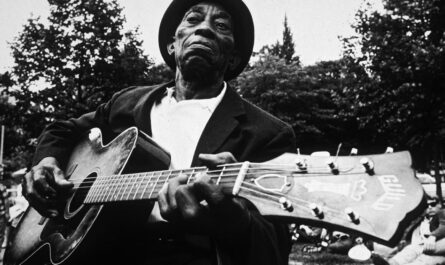
Thanks for recognizing this genius.